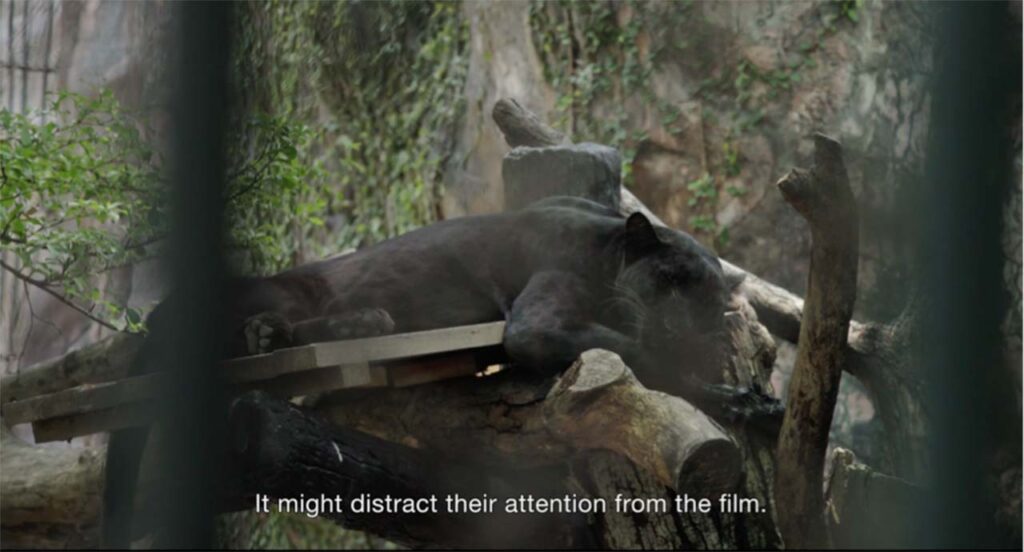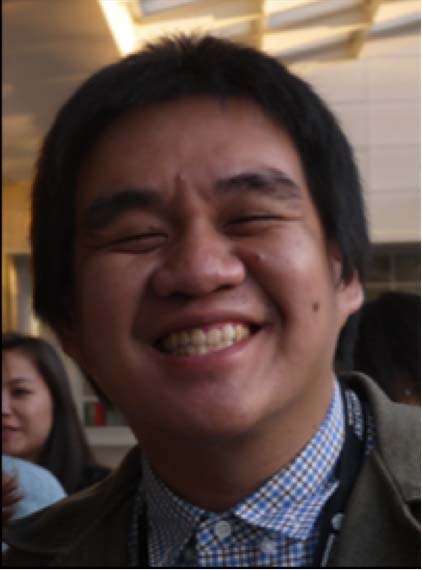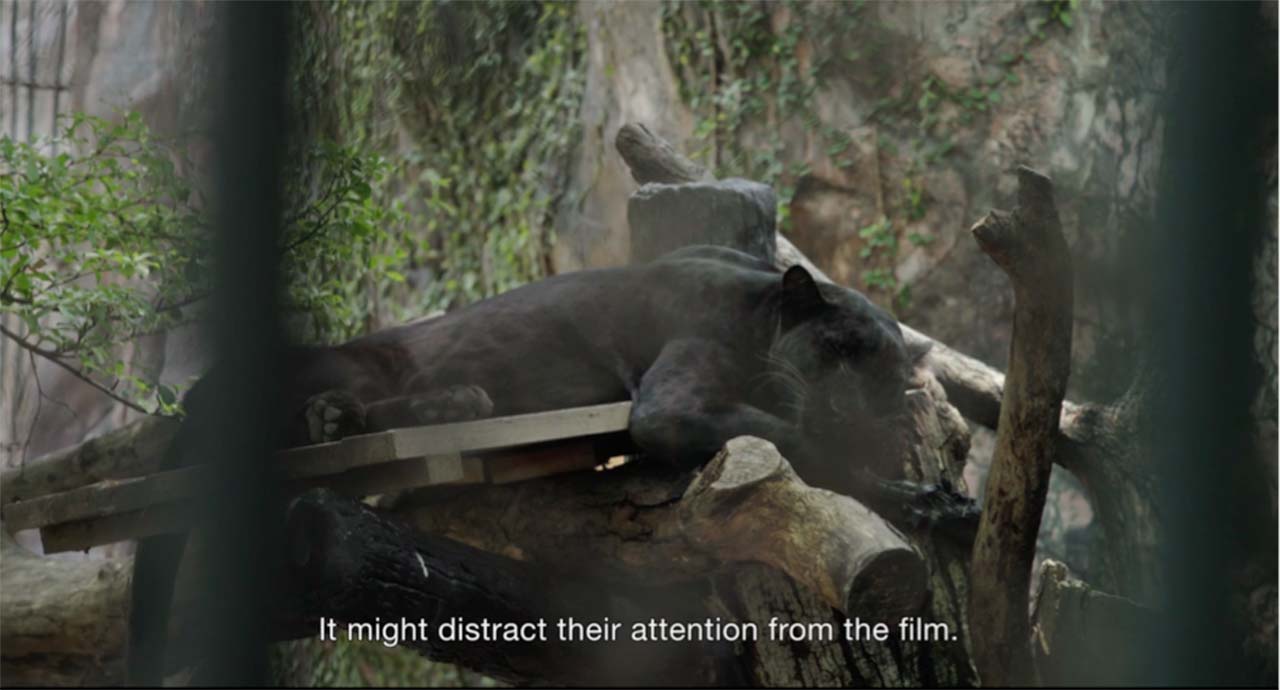Sorayos Prapapan has directed many short films which have won awards in his home country, Thailand, and a number of international film festivals, including, Venice, Rotterdam, Winterthur and Fribourg. This year at the 28th Singapore International Film Festival, he received two awards – Youth Jury Award for the best Southeast Asian Short Film and the Best Director for Southeast Asian Short Film.
The short film, Death of the Sound Man, for which he received the awards, has made an important point about how voices are often not heard. The film is from the perspective of a sound man. The most powerful scene from the movie is when the sound men discuss the differences between ‘recorded sound’ and ‘Foley’ which are essential aspects of sound. However, this discussion is juxtaposed with images of a sleeping panther and tiger, which reflects on how nobody cares about them. This speaks about the film industry and how they consider their sound men and the world at large.

I am from India and relate to Sorayos Prapapan on many levels. Thailand and India carry several similarities. The voices of people have been crushed and ignored because they don’t fall in line to several beliefs that the country holds. People stand up against one another, not willing to listen to the other side of the argument.

I spoke with Sorayos Prapapan about his films and his experience, style and themes:
Sheoli: Your movies are very observational in nature. Is there a particular reason for that?
Sorayos: Umm… because I might be a realistic guy. I just capture anything that happens in my life and just make it into a film. Next time I might have to imagine more to avoid this question 🙂
Sheoli: You use voice overs (in your documentary) and other means of using sound in your films? How is this connected to your experience?
Sorayos: I call it off-screen dialogue, which is different from voice over. Voice over talks directly to an audience but this dialogue somehow feels like the characters are talking to each other and are unaware of an audience listens to them.
Well, back to the question. Imagine if you sit next to someone, sometimes, you don’t need to look at each other while talking and you still have a conversation looking up at one another only when you feel like it. During a conversation like this, one is not very stressed because you are comfortable with the other. Sometimes, we can have a beautiful story in dirty places. Sometimes, I have dreamy conversations in hopeless cities.
As for using sound in film, it is because I am a sound guy. Sometimes, when I feel bored, I just like to listen to the environment and people – their dialect/accent, sound of traffic on the roads or anything that is happening around me. I keep doing this and I have to admit that sometimes I lose my focus when I am having a conversation with people but it helps me in terms of filmmaking. After I reflect back on it, it makes me think.
Sheoli: I noticed how lonely the sound men look in the film. The space around them is empty and big. Is this a conscious decisio.
Sorayos: I never did it consciously, it just happened. I felt like it in my mind and executed it, never really focusing on it.
Sheoli: Do you enjoy satires and comedies? As this particular movie falls under such a genre.
Sorayos: Yes, it is my favorite genre, I enjoy it. I really like working on satires and look forward to them in the future
Sheoli: What king of social issues do you want to highlight in the film?
Sorayos: As a sound person, I have faced many problems and have not been given much respect because my job is not considered important enough. But, I feel this is a very important job and without it, the film would be incomplete. I want to highlight that through this movie.
Also, [I want to highlight] that common people’s voices are often not heard in my country and we should be able to speak for ourselves and be heard. I want to talk about this issue and make people aware that it exists.
Sheoli: For all us young filmmakers out there, what advice would you give? Do you suggest we take a risk and go for it or should we take each step slowly?
Sorayos: Ummmm I’m not so sure. I am not a master, but for me it is more about watching films from various territories (especially art house); practicing my English then hanging out and talking sh*t (laughs). Film technique is also an important thing but a unique voice and special content is very important for me.
Sheoli: How does it feel like winning the prize?
Sorayos: I might use the word “relief” because this film is a completely self- funded film. Of course, I am happy but when your film wins it never means that your film is better than the other films that did not win. We should see them as equal. But, yes, more money is earned back now and the filmmaker wins more support.
Sheoli: How was your experience at the Singapore International Film Festival?
Sorayos: Back in 2011, I came to the Singapore International Film Festival. Many friends from the lab are still making films (Ivan Tan, Weijia Lai, Christ Yeo, Daniel Hui and several others). I also worked part time as a sound guy here more than once and each time I meet someone new
Though, I am super happy to be back here even though everything is super expensive but I like to meet old and new friends. I have gone crazy on several nights out here and I am afraid that I can’t wake up the day and realize “Death of the Sound Man”.


